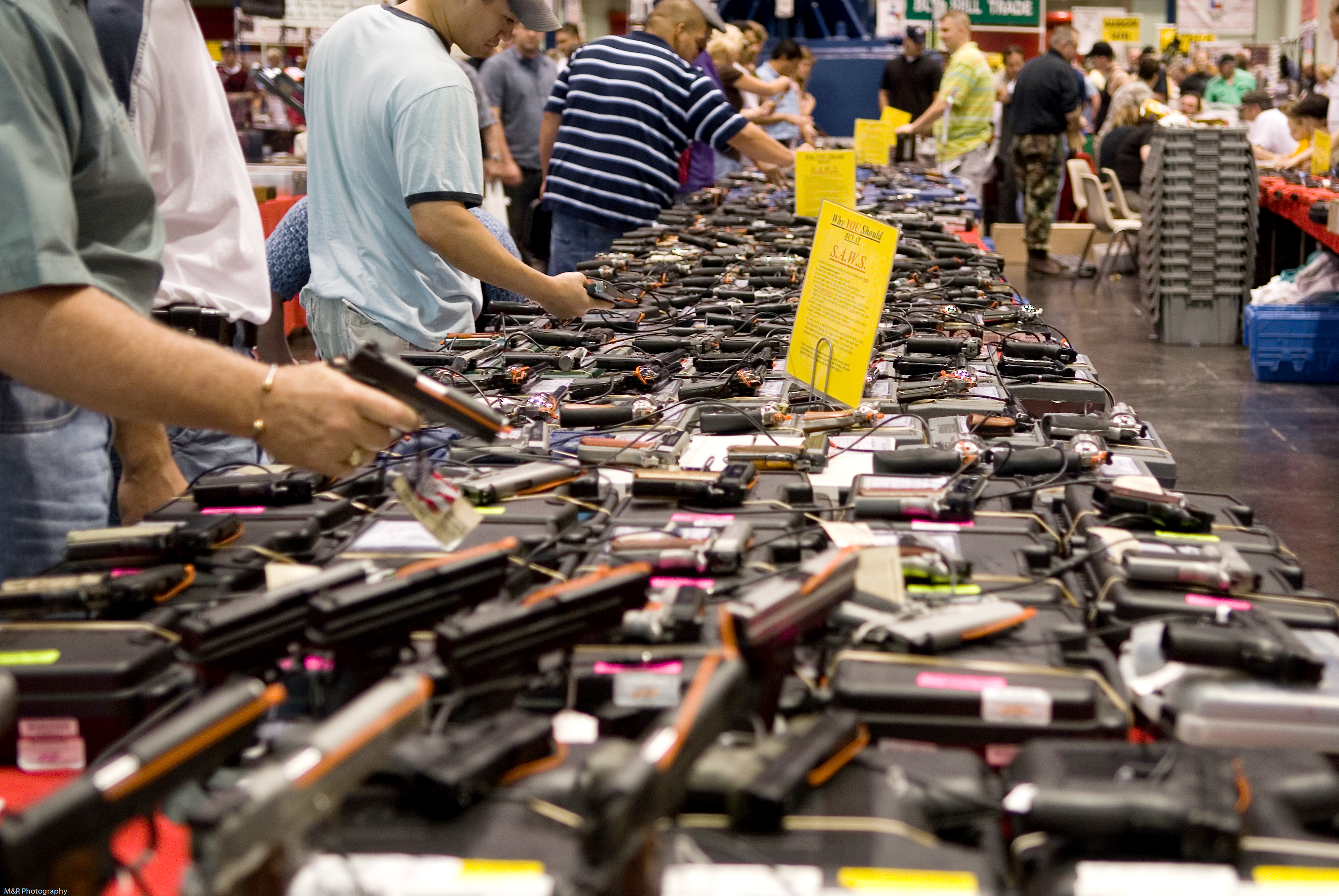Furthering the debate on gun control


The debate on gun control in Canada has never been as controversial as what we see in the United States; while there is a vocal minority here that expresses enthusiasm for gun culture, it pales in comparison to our southern neighbours who, as we all know, hold a right to own a gun.
Personally, I’ve always been viciously anti-gun. While my right-wing friends may shriek in horror at the thought of my support for regulation on weapons, I want to stress that I hold much sympathy for the conservative side as well.
What I believe this really comes down to is a cultural problem instead of just a gun problem. Laws can help mold a culture, but they can’t change it.
Places with a peaceful culture, like Canada, thrive with having a low crime rate. Culture is all-encompassing and seeps into every fabric of society. Laws, on the other hand, are heavy-handed tools that may or may not achieve their desired goal.
What I’m getting at is that while laws can definitely be effective, if a culture condones something, it will become more common.
Look at the U.S. and the United Kingdom. The gun laws are very different from one another and yet the violent crime rates are fairly close.
One of the reasons behind this is cultural similarity. There is a prevalent gang culture in both the U.S. and U.K. in addition to a prevalent drug culture. Acting as if the number of guns alone dictates exactly how violent a country is isn’t based on any real fact, just faulty reasoning.
This isn’t to say that some gun laws haven’t been instrumental in lessening crime and stopping violence. I’m a supporter of most of Canada’s gun laws and the new set of laws being passed by our prime minister is a step in the right direction. Meanwhile in the U.S., the far right-wing has objected to any sort of new regulations, regardless of public support.
Universal background checks are an excellent tool to help stop the sale of guns to dangerous people, yet some on the right hate the idea. They scream, “The government shouldn’t know who has a gun!” They disregard how gun registration helps solve numerous crimes and argue that the government could “get them” one day.
The gun enthusiasts also protest how California has the strictest gun laws, yet their number of gun murders is quite high. Again, the logic is seriously flawed. California may have the strictest laws in America, but they are ridiculously lax compared to other parts of the world. Open carry still exists in much of California — but hardly at all in Canada — and as long as you’re not a criminal and your gun is registered, you really won’t have a problem. Gun control has a long way to go before it starts to become effective in America, but to try and pretend that gun anarchy would solve everything is mind-boggling.
A common argument is that open carry would cut crime because criminals are less likely to attack people if they think they are armed. The problem is for this explanation to have any effect people have to be willing to carry a gun. Even in states like Texas where open carry is legal, the majority of people don’t carry around a firearm. In other words, legalized open carry is useless unless everyone is armed, which won’t happen.
So perhaps in a more peaceful culture, more relaxed gun laws are justified. While the majority of gun owners are far from criminals, that doesn’t mean the issue of guns can be brushed off to the side. I fail to see how making people take a training course or asking them to register their weapon can be classified as “the government taking the guns.”
Of course, Americans having the right to bare arms makes passing regulation a hefty task, but it’s not impossible. Here in Canada, most of the regulation is reasonable and has even been strengthened under Prime Minster Stephen Harper.
This is because owning a gun here is a privilege, and for those who trumpet gun ownership as a right, I argue rights are associated with responsibilities. Americans have a right to bare arms but also a moral responsibility to pursue peaceful ends.


